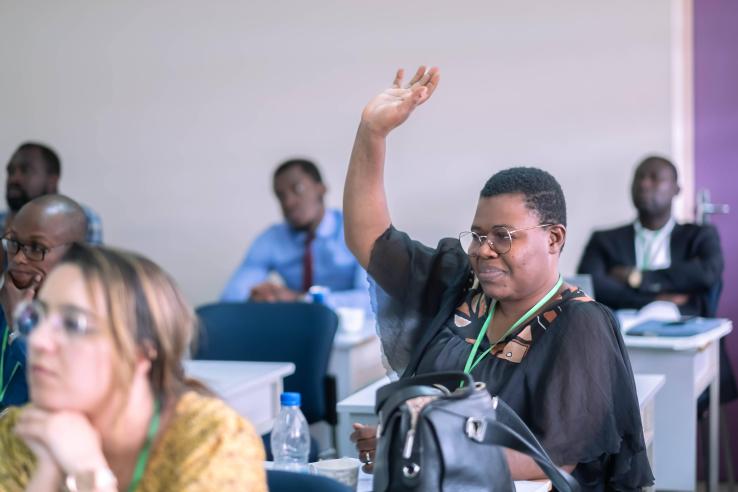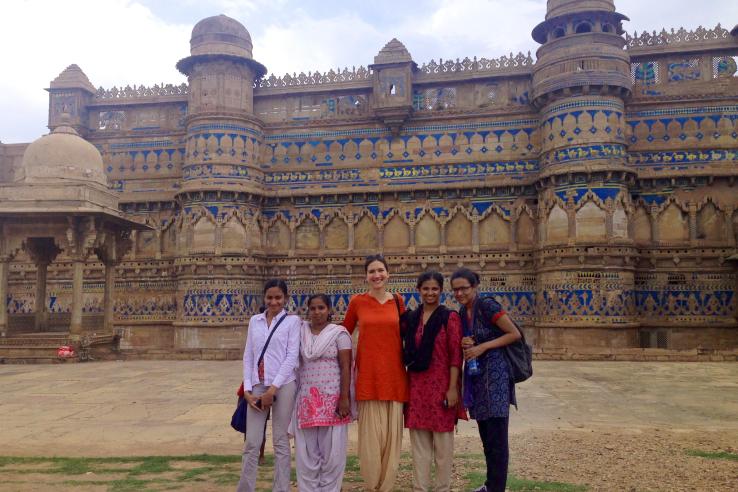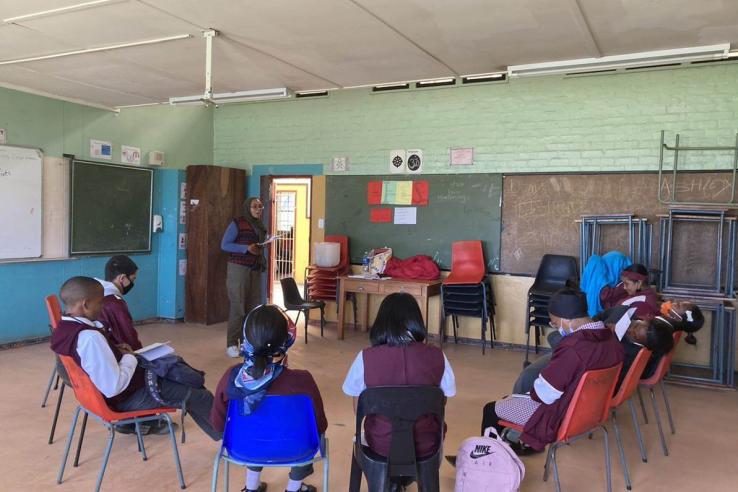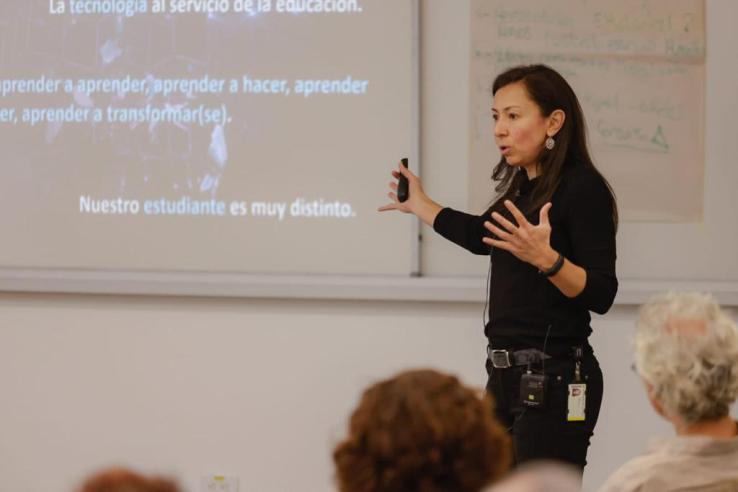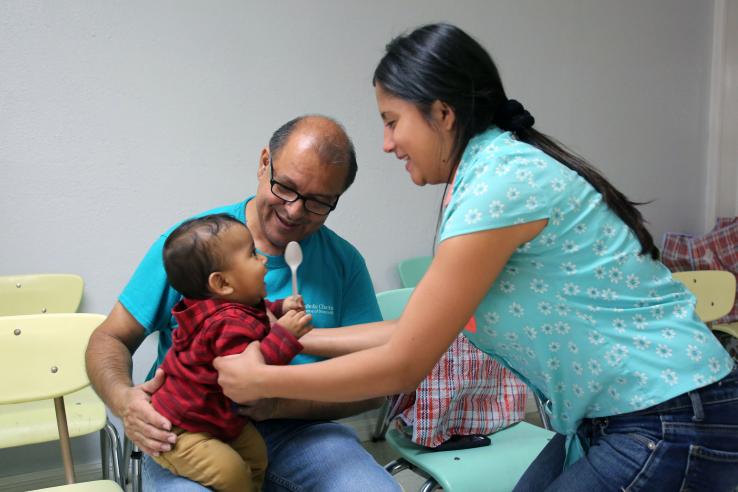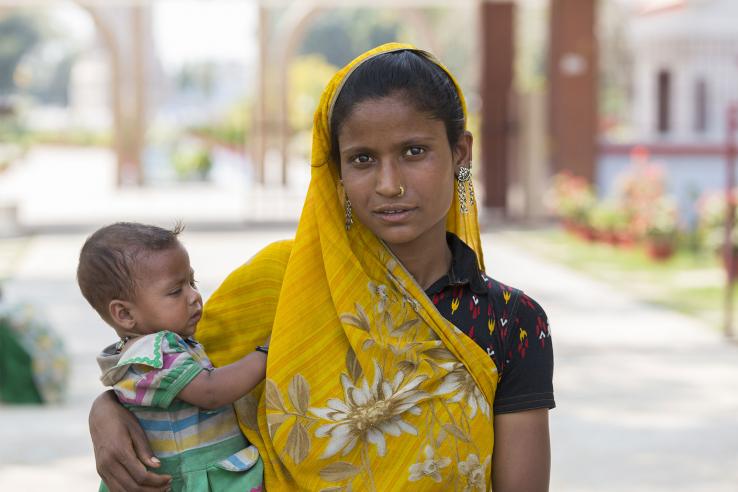Alumni Voices: The first draft of emissions trading in India
Economics of Decarbonization Working Group Inaugural Convening
The LA Homelessness Evaluation Network: Supporting service providers in their efforts to generate and use evidence
Summer School: Development Methodologies
Affiliate Spotlight: Simone Schaner on lessons learned from advancing evidence-based policy
J-PAL North America June 2023 Newsletter
Shukuma in South African schools: Adapting evidence on cognitive behavioural therapy-inspired programmes to reduce violence
Policy Insights in Social Protection
J-PAL's Social Protection sector focuses on identifying policies and programs in low- and middle-income countries effective at providing financial assistance to low-income families, insuring against shocks, and breaking poverty traps. The policy insights below summarize general lessons from...



